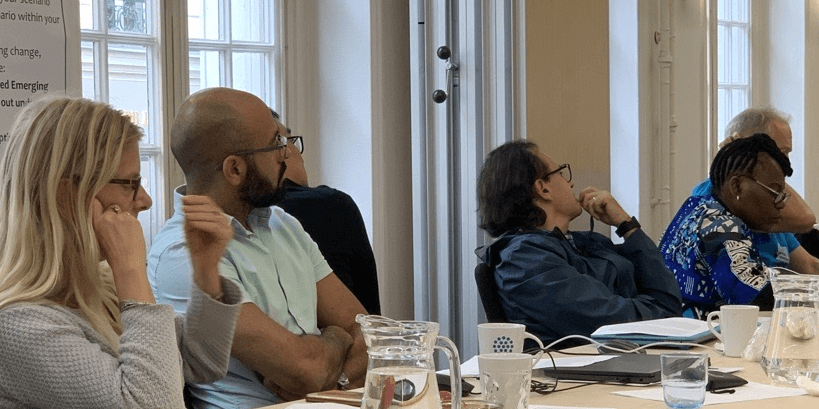
The recent earthquakes and floods that devastated Morrocco and Libya and killed thousands of people while destroying cities and key infrastructures, shed yet another dramatic light on our current lack of policy and action frameworks to tackling crises proactively.
This realization echoes the growing demand for foresight, reinforced by the United Nations Secretary-General’s report ‘Our Common Agenda’, which calls for all UN agencies, as well as all UN Member States, to engage in foresight practices to address systemic risks and support efficient preparedness strategies.
To address this need, UNEP and the International Science Council (ISC) have partnered to develop a science-based strategic foresight framework and build a more proactive approach to guide decisions and tackle crises.
Based on a global survey, scenario building exercises, and sensemaking sessions with a panel of transdisciplinary experts, the project will analyze and categorize emerging signals and their potential for disruptive change to provide specific areas of actions.
The first sensemaking workshop was hosted last week at the ISC headquarters in Paris, gathering around 30 experts and stakeholders. The diverse group reviewed the results of the Horizon scanning survey conducted so far and interpreted the different signals of change through scenarios assumptions.
Participants agreed on the pleasure of being able to meet and engage in-person with such a diverse group of experts. They reported discussions to be lively, highly interesting and shared their impressions of being part of “something really different”.
In the project, specific attention is given to contextualization of the results and ensuring that social-cultural and regional contexts are captured, with several regional workshops planned until the end of the year.
Beyond the development of an institutionalized approach to strategic foresight and horizon scanning, this process will result in the release of a Global Foresight Report published in July 2024.
This October, the ISC Centre for Science Futures will publish a working Paper entitled “Protecting Science in Times of Crisis: How do we stop being reactive, and become proactive?”. The paper identifies a series of issues and areas for action that need to be prioritized if we are to become collectively better at protecting scientists, science, and research infrastructures in times of crisis.
In anticipation of the publication, the Centre has released a set of infographics capturing some of the key points to be addressed.
Picture by James Waddell from the ISC.